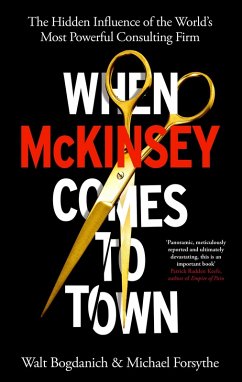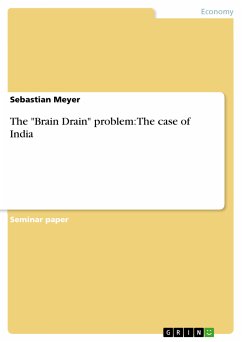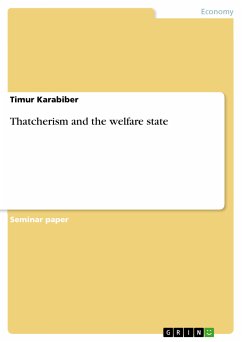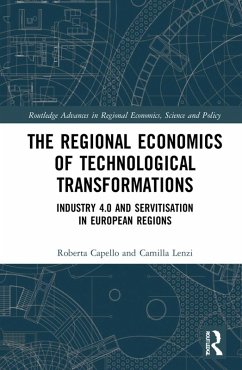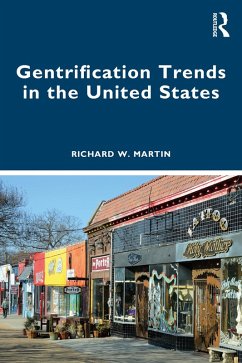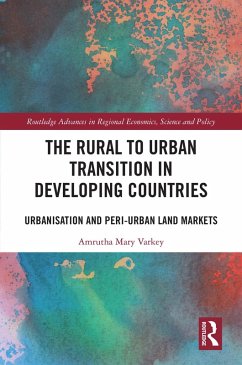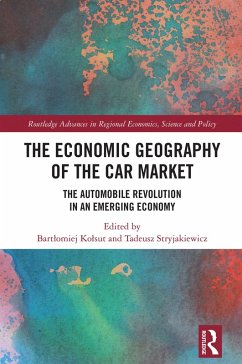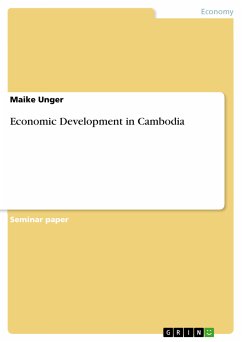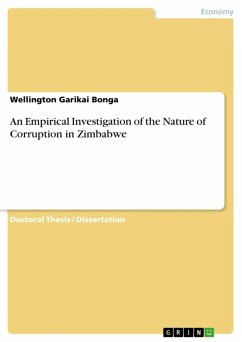
An Empirical Investigation of the Nature of Corruption in Zimbabwe (eBook, ePUB)
Versandkostenfrei!
Sofort per Download lieferbar
36,99 €
inkl. MwSt.
Weitere Ausgaben:

PAYBACK Punkte
0 °P sammeln!
Doctoral Thesis / Dissertation from the year 2014 in the subject Economics - Case Scenarios, grade: B, ( Atlantic International University ), course: PhD Economics, language: English, abstract: Corruption has become one of the most notoriously persistent and progressively worsening social problems afflicting Zimbabwe today, and this is indisputable. Corruption is most unwanted in the society especially by those not involved, but it is blamed by those who practice it, just to divert attention. Important to note is that corruption is as old as the government, total elimination is impossible, but...
Doctoral Thesis / Dissertation from the year 2014 in the subject Economics - Case Scenarios, grade: B, ( Atlantic International University ), course: PhD Economics, language: English, abstract: Corruption has become one of the most notoriously persistent and progressively worsening social problems afflicting Zimbabwe today, and this is indisputable. Corruption is most unwanted in the society especially by those not involved, but it is blamed by those who practice it, just to divert attention. Important to note is that corruption is as old as the government, total elimination is impossible, but it should be barred to reach serious levels. This study seeks to empirically investigate the nature of corruption in Zimbabwe. The study uses a questionnaire approach to explore various dimensions of existing corruption and its impact on the society. A total of 835 participants countrywide correctly completed the questionnaire and electronically submitted. Included in this total are questionnaires that were hand distributed. The study utilises the weighted average approach to design various indices for policy derivation. On a scale of 1-10, the corruption index intensity was found to be 6.8 indicating serious levels of corruption in the economy. Nepotism/Favouritism/Cronysim and bribery/kickbacks/gifts have been found to be the major corruption forms in the society. Corruption networks have been confirmed to exist in society and commonly emanates from school and work; this is in line with the Social Learning theory. The study also found out that the Anti-Corruption body is ineffective to address corruption issues, and it is not autonomous from politics, and therefore concentrate on petty corruption rather than grand corruption. Determinants of corruption include poor remuneration, income inequality, job insecurity, greediness and economic instability. The best ways to harness corruption is to improve the political will, individual solutions and law enforcement.
Dieser Download kann aus rechtlichen Gründen nur mit Rechnungsadresse in A, B, BG, CY, CZ, D, DK, EW, E, FIN, F, GR, HR, H, IRL, I, LT, L, LR, M, NL, PL, P, R, S, SLO, SK ausgeliefert werden.




